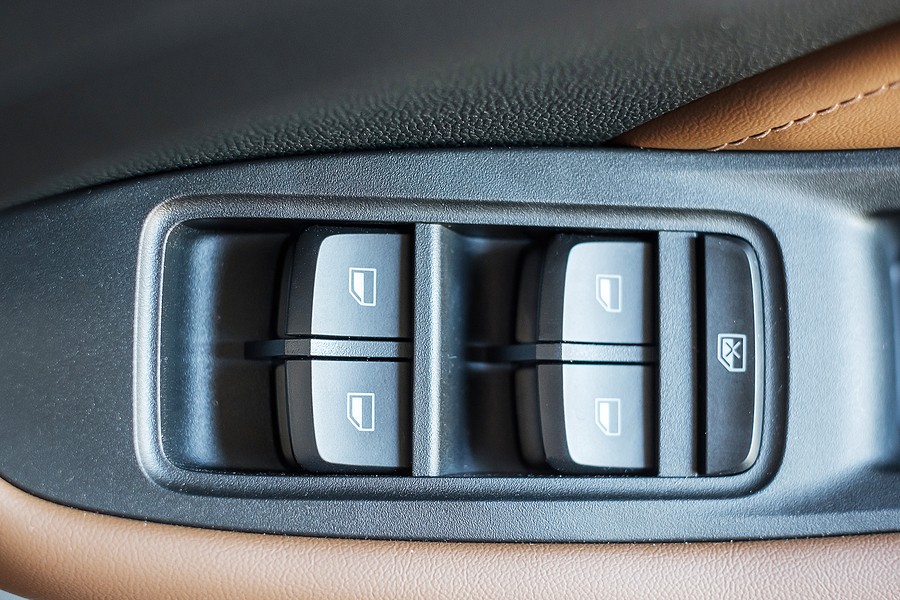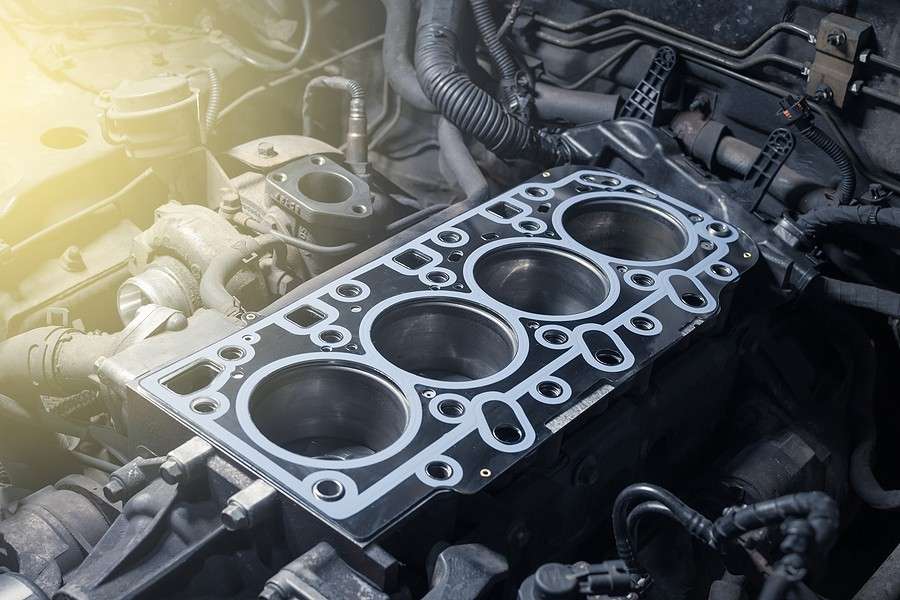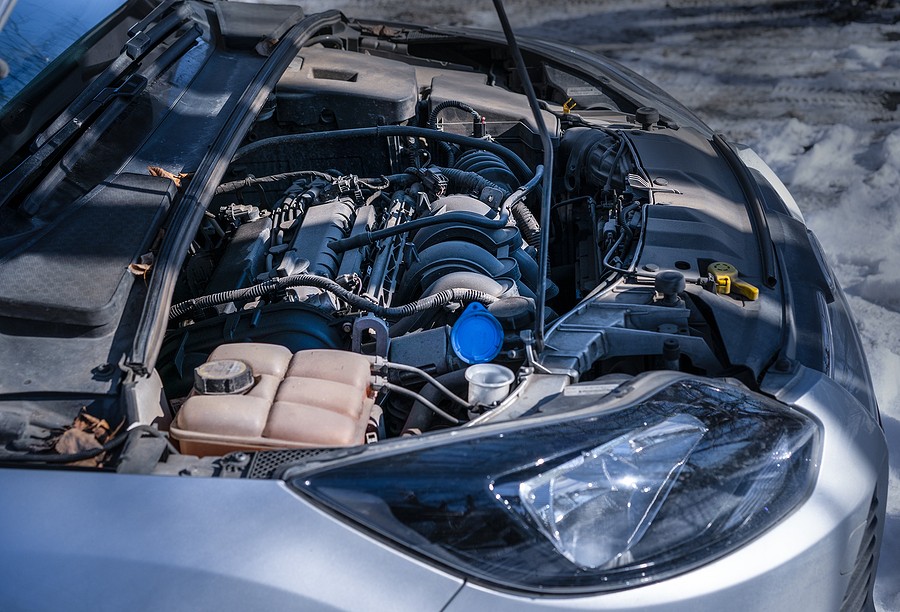If you're searching for “how to know if your car has electrical problems,” here's what you should be looking for:
- Dashboard warning lights
- Dead or weak battery
- Flickering or dim lights
- Malfunctioning power windows
- Malfunctioning accessories
- Engine sputtering
- Unresponsive electronics
- Blown fuses
- Burn smell or smoke
- Strange noises
With the evolution in the auto industry, vehicles rely on the electrical system more and more. More cars are now using this system to start their vehicles, operate many functions, and even rely on their safety.
That's why it's important for you always to confirm that you have a properly working electrical system. Otherwise, problems can be severe and, in many instances, could impact their safety.
One of the things that you need to learn as a car owner is to detect any early symptoms of electrical problems. Whenever you detect these symptoms, you must address them by consulting your mechanic and having him fix them.
This article summarizes the ten most common symptoms indicating electrical problems in your car. It should help you answer the question, “How do you know if your car has electrical problems?”
How to Know If Your Car Has Electrical Problems?
A couple of problems might not sound very severe to many people. However, with more vehicles relying on the electrical system for major tasks, taking care of the electrical system in your vehicle becomes a significant deal.
Addressing the main symptoms of a failing electrical system is the first step towards eliminating further complications that might cost you the entire vehicle. The following list provides the ten most common symptoms indicating A failing electrical system that could help you answer the question, “How do you know if your car has electrical problems?”
1- Dashboard warning lights
The first thing you'll experience when dealing with an electrical problem is some morning light on the dashboards. These warning lights are ways to communicate with you and bring your attention to internal problems. Some might be related to the electrical system, while others could be related to other components in your car.
That's why whenever you deal with any new warning light you're unfamiliar with; you should talk to your mechanic as soon as possible and get an idea about what this warning light means. You can start with a quick Google search, and if you feel that this is a significant issue, you have to have your mechanic take a look.
2- Dead or weak battery
One of the core tasks for the electrical system in your vehicle is to charge the battery after you use it. In other words, a very common misconception makes people think that the better is responsible for charging the electrical components when it's not the case.
Usually, your vehicle relies on the battery to provide the electrical shock to start the vehicle at the beginning. After that, the battery will not be used at all and will be recharged using the alternator until the next time you need it for starting your car.
Suppose there's any potential failure in the electrical system or a problem in how your alternator charges the battery. In that case, you can easily get stranded and deal with a dead battery without any help nearby.
That's why when you're experiencing some issues with starting your car, and you suspect it's a dead battery, have your mechanic take a look at the entire electrical system to determine if there's any minor issue in the electrical circuit or any blown fuse or something that could help detect the potential problem.

3- Flickering or dim lights
Sometimes, your electrical system problems might not be very severe. In other words, they can be just starting early warning signs to help you address the issues before things get complicated and before they cost you a lot of money.
For example, a simple problem like dimming or flickering headlights can be an early symptom of major problems in your electrical system. Therefore, you should always focus on the headlights and see if they're behaving in a different way than before or not.
Note that a flickering headlight or dim headlights might be related to a minor issue, which could simply be replacing the bulbs and having your system working again. In that case, you can do it yourself or have our mechanic fix it, but it won't cost you much.
4- Malfunctioning power windows
If you suspect that your system has a lot of electrical issues and it's getting to the point where it's impacting a lot of components, one thing you could do is check the power windows. See if they're working or not.
If you confirm that the power windows are not functioning properly, look at the rest of the system and see if you can combine additional symptoms to confirm the issue. If that's the case, your mechanic needs to look and see what's going on with the electrical system.

5- Malfunctioning accessories
If your vehicle relies on the electrical system for other accessories like the radio or other components, try turning them on. Sometimes, you might need to overload the system and turn on multiple components to see if anything is happening.
The more components turned on, the more stress on the electrical system and the clearer the problem becomes. However, if you suspect that things are getting out of hand and you're smelling something burning, you should not move forward with turning on more components.
6- Engine sputtering
In some instances, the electrical system might impact the engine's performance. For example, if you realize that the engine is sputtering and not behaving as it should, have your mechanic immediately check the vehicle before things become more complicated.

7- Unresponsive electronics
Unsurprisingly, a failing electrical system can easily prevent the electronic components from working properly. Therefore, if you feel that your electronics are not turning on or something is wrong with them, it could simply be a higher-level issue that needs your mechanic to look.
8- Blown fuses
If you can determine where the fuse box is based on your vehicle owner's manual, you can tell whether there's any electrical problem by checking on the fuse of each circuit. If you notice any burn or any signs of damage for these fuses, you might have an issue that looks like a component connected to this fuse.

9- Burn smell or smoke
As we indicated before, the blown fuses will always be associated with some burning smell, and sometimes, if the smell is strong and in cases of more burns, you'll notice some smoke coming from the fuse box. That could be another indication that you have an issue with your electrical system.
10- Strange noises
Finally, when you have problems with the electrical system, you will see that the vehicle is making weird noises. These noises are going to be associated with a faulty component. Depending on which noise you're dealing with, the problem might be more severe in certain situations than others.
What to do if my car has electrical problems?
If you confirm that your vehicle has electrical problems, you must address them immediately. However, there must be some situations where fixing these issues might not be worth your time and money.
Ignoring the Electrical problem is not a solution because it leads to further complications that might impact your safety. Therefore, you should take immediate action once you confirm that you're having some issues with the electrical system.
However, automotive experts recommend that you compute the total repair cost you expect for your vehicle. If this cost is expected to be 75% or more of your vehicle's value, it could be the perfect time to sell this car rather than wasting your time and money trying to get it to work.

How to Know If Your Car Has Electrical Problems? Final Thoughts
Electrical problems might sound minor to many inexperienced drivers. However, they can lead to severe issues, especially if your vehicle relies completely on the electrical system for major tasks.
This article summarized the ten most common symptoms, so watch four if you suspect electrical problems in your vehicle. It should help you answer the question, “How do you know if your car has electrical problems?”If you confirm that these electrical problems are severe and beyond repair, it could be the perfect time to sell this car and buy a better one. Are you looking for someone to pick up your car immediately? Call Cash Cars Buyer at 773-791-4363.
If you're interested in similar posts, we highly encourage you to visit our blog by clicking here.



